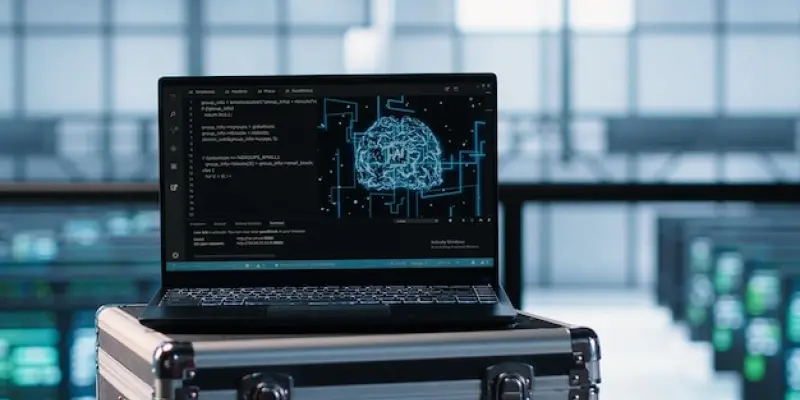The global PC market demonstrated significant resilience and adaptability in the early months of 2025, recording a notable growth in shipments despite challenges such as looming US tariffs. Counterpoint Research highlighted this growth, revealing shipments rising from 57.5 million units in the first quarter of the previous year to 61.4 million units in the same period this year. The PC market’s ability to thrive amidst potential economic hurdles underscores its robustness. Key players like Lenovo maintained market leadership, while Apple experienced the most substantial growth, marking a 17% increase and capturing 10% of the global market share. A major factor driving this demand surge has been the rise of AI-powered PCs, which held their momentum since late 2024. Notably, laptops, a category that includes many AI PCs, have remained exempt from current US tariffs, further supporting this growth trajectory.
Tariff Threats and Market Implications
Despite the current upward trend, the potential reimplementation of US tariffs poses a significant threat, particularly to manufacturers based in China. The former administration’s expected tariff strategies could disrupt cost structures on a broad scale, impacting semiconductors and other vital tech components. Many manufacturers, in anticipation of these changes, are already contemplating relocating production facilities as a strategic move to mitigate potential cost escalations. Such shifts could not only affect production timelines but also influence the global supply chain complexity. As the industry braces for these changes, there’s a growing concern that increased production costs could translate into higher prices for consumers and potentially slow the demand. The implications of tariff resumption are vast, and they could necessitate a reevaluation of growth forecasts, casting a shadow over the optimistic single-digit growth expectations for 2025.
The Future of Global PC Shipments
As manufacturers navigate current challenges, strategic shifts are anticipated in the upcoming months to ensure sustained growth. Companies focusing on production localization or diversification might secure a competitive edge by reducing tariff-related financial impacts. The demand for AI PCs is projected to remain strong due to ongoing advancements in technology and a steady consumer interest in intelligent computing solutions. This demand might mitigate harsh tariff impacts by fostering consumer investment in premium products. Adaptability remains crucial as companies balance innovation with cost management. As global dynamics continually evolve, emphasis will likely be on promoting technological advancement while tackling economic hurdles. Moving forward, there will be a delicate balancing act of maintaining market momentum, adapting to policy shifts, and ensuring unhindered technological progress. Industry stakeholders display cautious optimism, remaining watchful and ready to amend strategies in response to emerging challenges, pointing to resilience in facing future trials.

